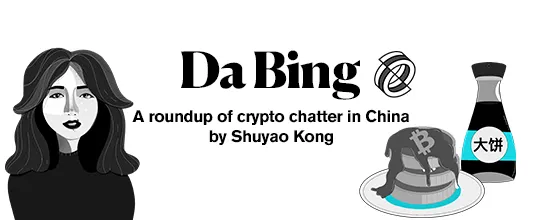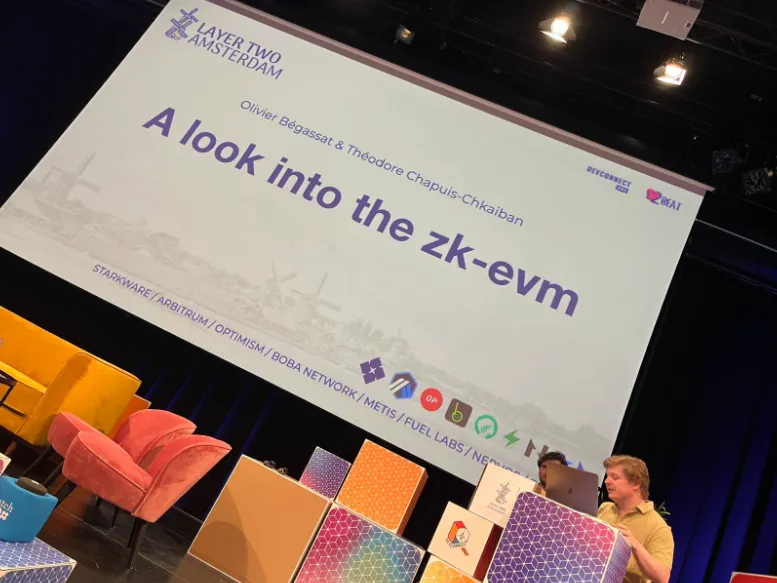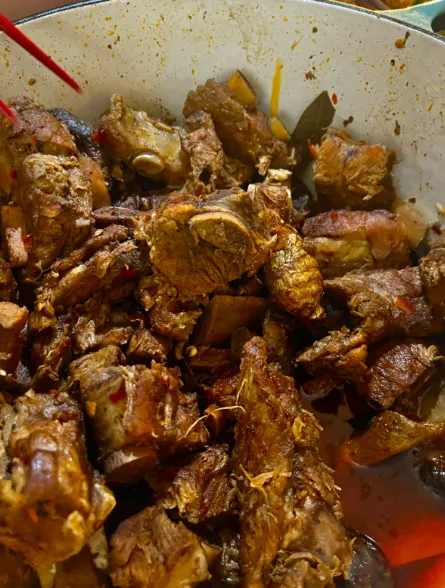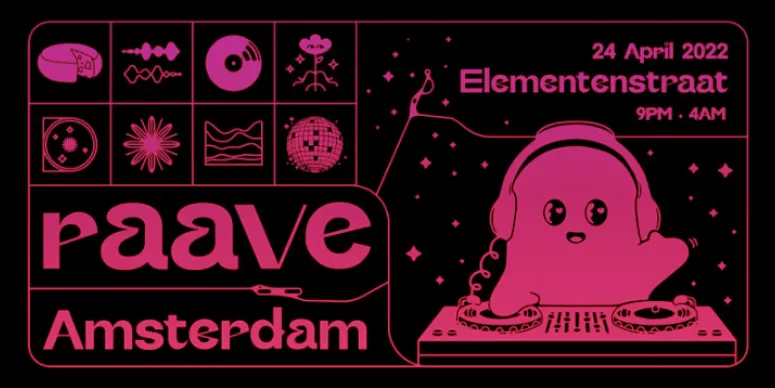
Brother Bing was in Amsterdam for the past two weeks at Devconnect and ETHAmsterdam. The waffles were good, if you like that sort of thing, but these trendy upstart waffles don’t compete with the original da bing pancake stack, which was invented around 2,000 years ago.
Fried dough aside, here’s what your benevolent and loving crypto gossip correspondent was able to pick up here, there and everywhere.
Zero-knowledge, in all its many forms, was the talk of the show.
Zero-knowledge proofs, often called "moon math," allow one party to prove something is true to another party without revealing the exact information. In the Ethereum scaling scenario, protocols use zk to verify proof rather than computing them, which is costly and inefficient. In Amsterdam, there was a lot of chatter both on and off the podium that ZK rollups such as Starkware, ZkSync, and Scroll are starting to fulfill Vitalik’s promise that Ethereum will eventually be scaled by zk-rollups.

But there was still much debate and skepticism that it would happen any time soon. If you ask the Optimistic rollup guys, which is a scaling solution in the near term, they’ll tell you “wake me up when zk rollups happen.”
Still, Brother Bing, ever the eternal optimist, thinks that zk could eat Optimism's lunch well before we hit beer o’clock. And if that’s not a mixed metaphor, what is?
Modular blockchain was another star at these events.
What does "modular" mean in this instance? Here I’ll quote my colleague and friend Simon Brown: “A modular blockchain is one that fully outsources at least one component to an external chain (i.e. it does not handle that component.)” These components could be:
- Execution
- Settlement
- Consensus
- Data availability
By separating some functionalities, the blockchain achieves more specialization, which means more efficiency, easier and safer experimentation, and horizontal scaling.
If you really want to sound smart, ask the follow up question: What about composability?
Thank you for asking such a smart question! Sadly, it is not composable: Having different types of optimized execution environments comes at the sacrifice of composability. An easy food-related analogy could be: if a monolithic blockchain is like an all-you-can-eat Chinese buffet (comprehensive but not so tasty), modular blockchain divvies up the buffet based on flavors. You get Beijing noodles in one restaurant, and your Sichuan fried chicken somewhere else. And if you really crave Cantonese dim sum, sorry, you’ll have to trek to the other side of the town, which costs transportation money…
Party scenes are often the bloodline of crypto conferencing. Every evening, crypto bros and sisses wandered around the canals and discussed the tripled-booked evening of parties each had to attend.
Why are parties so important at crypto confabs? Well, in a world where community is the most defensible moat, party-organizing capabilities are an essential benchmark of how cool a project is. Sadly, while everyone was out having the moment of their life, Brother Bing was too tired to go to the most iconic ETH party, Raave Amsterdam. (Unrelated: Did you know that in addition to Amsterdam’s famous red light district, there is also a blue light district?)
Now, crypto aside, here's an IRL tip: my recipe of the week. I made these ribs last week. They were good. Here’s how.

- Boil the ribs with ginger to get rid of the blood.
- In a frying pan or wok, fry up black bean sauce, lao gan ma, chili, garlic, and scallions.
- Add the ribs and continue to stir until golden brown.
- Add water and soy sauce until it just covers the top of the ribs.
- Add anise, five spice, and lots of ginger.
- Simmer uncovered for two hours until the water mostly boils off, leaving a delicious sauce.
- Eat it up, enjoy, and await the next Da Bing column.







